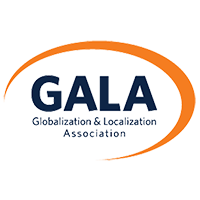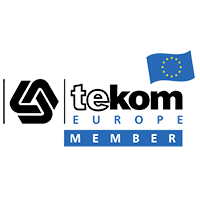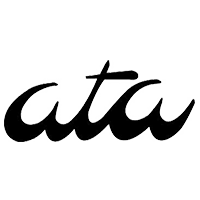Interview with Shannon Rose Farrell on upcoming Opal Medical Devices Summit 2017 & Life Science Localization
Argos Multilingual is heading off to Scottsdale, AZ for the Opal Medical Devices Summit 2017. Our Senior Vice President of Global Sales and Life Science Strategy, Shannon Rose Farrell, along with our Business Development Specialist, Janie Dicioccio, will be attending the two-day conference starting on January 9. On the first day of the event, we will be participating in the Speaker Panel on “Effective Supplier Management for Medical Device Industry”.
Here is a little of what to expect from the upcoming conference, as we talk to Shannon about her experience and thoughts on life sciences localization.
Can you briefly describe your background in life science localization?
Shannon Rose Farrell: When I started my career in translations and localization, I quickly realized that I had a special interest and synergy with the life science part of our business. Life science localization is a very specific specialty, different from any other vertical. Yes, some of the process steps are the same, but what drives this vertical is different — patient care and safety. With that in mind, I have spent my career immersing myself in the life science vertical, learning about how content is developed and used, what affects content updates and changes, and what ultimately drives this vertical to localization. From there, I’ve spent most of my time talking and listening to clients, helping them map out the current-state of their content and localization situation and then working closely with them to build a localization program that they really want and need.
During the Opal Medical Devices Summit, you will be a panelist on the Speaker Panel, “Effective Supplier Management for Medical Device Industry.” In your opinion, what is the challenging part when choosing and managing vendors within the life sciences?
SRF: First off, selecting any service vendor for life sciences is a critical part of how companies launch their products. In my experience, life science localization vendors are extremely difficult to select, particularly due to the fact that not many life science companies truly understand the needs of their localization program and content. They know that regulatory is requiring certain statements or symbols on their IFU or label, they know that sales is telling them they need to remove sections that don’t make sense in other countries. However, not many have the time to analyse what the true need is and what the true gaps are in the current program. There are LSP’s (Language Service Providers) of various sizes, service levels, specialties, locations… It really takes the up-front analysis and determination of the current state to figure out what type of LSP the company really needs. Finding an LSP that is the right “fit” for a company is the biggest challenge that I see.
What advice can you provide life sciences companies to overcome this challenge?
SRF: Take your time and do the work up-front. Localization services are not just something you buy, it is a long-term partnership that you will continue to invest in, morph and grow to match the ever-changing needs of your company and industry. If you are not sure of how to even begin, there are wonderful consultants who focus specifically on multilingual content workflows and vendor selection. Or, if you know an LSP very well, involve them in your thought process and ask them to help you figure out what your localization program’s current state really looks like. As we all know in the life science industry, root-cause and gap analysis help eliminate risk and thus produce better results and decision for our ultimate goal — patient care and safety. The same goes for selecting your LSP.
What can attendees gain from participating in and attending the 2017 Opal Medical Devices Summit?
SRF: This summit is an opportunity to meet with peers and experts from around the world who are focused on furthering the very industry that we all work in and support. I hope to be a better listener than a speaker during this event and soak up the new and innovative topics and information that will be exchanged throughout this event. Particularly in the session that we will be participating in, “Effective Supplier Management for the Medical Device Industry,” I hope to hear what other panelists and audience participants have to say when it comes to challenges in their own vendor management programs. I think attendees have the opportunity to get involved, ask the right questions, and really learn and share in the challenges and solutions surrounding this industry.
To wrap things up one final question — what hint can you give readers about how regulations within the healthcare setting affect localization from a Language Service Provider perspective?
SRF: This is indeed a very interesting question and the reason I say this is it has an ever-changing answer. Even though there are certain standards and regulations that carry across the industry, different regions around the world have changing regulatory requirements. In addition to this, each healthcare company interprets and implements these regulations and standards in different ways. So my hint is that there is a compounding complexity when it comes to how healthcare regulations may affect localization and global content lifecycles. Be open, be flexible, and review and question parts of the process that don’t make sense or are causing you to spin your wheels. An LSP is here to work with you, to help you adhere to the guidelines and demands of your industry and internal requirements. We are also here to be your trusted partner when things need to change or evolve and we can help you through this entire process.




